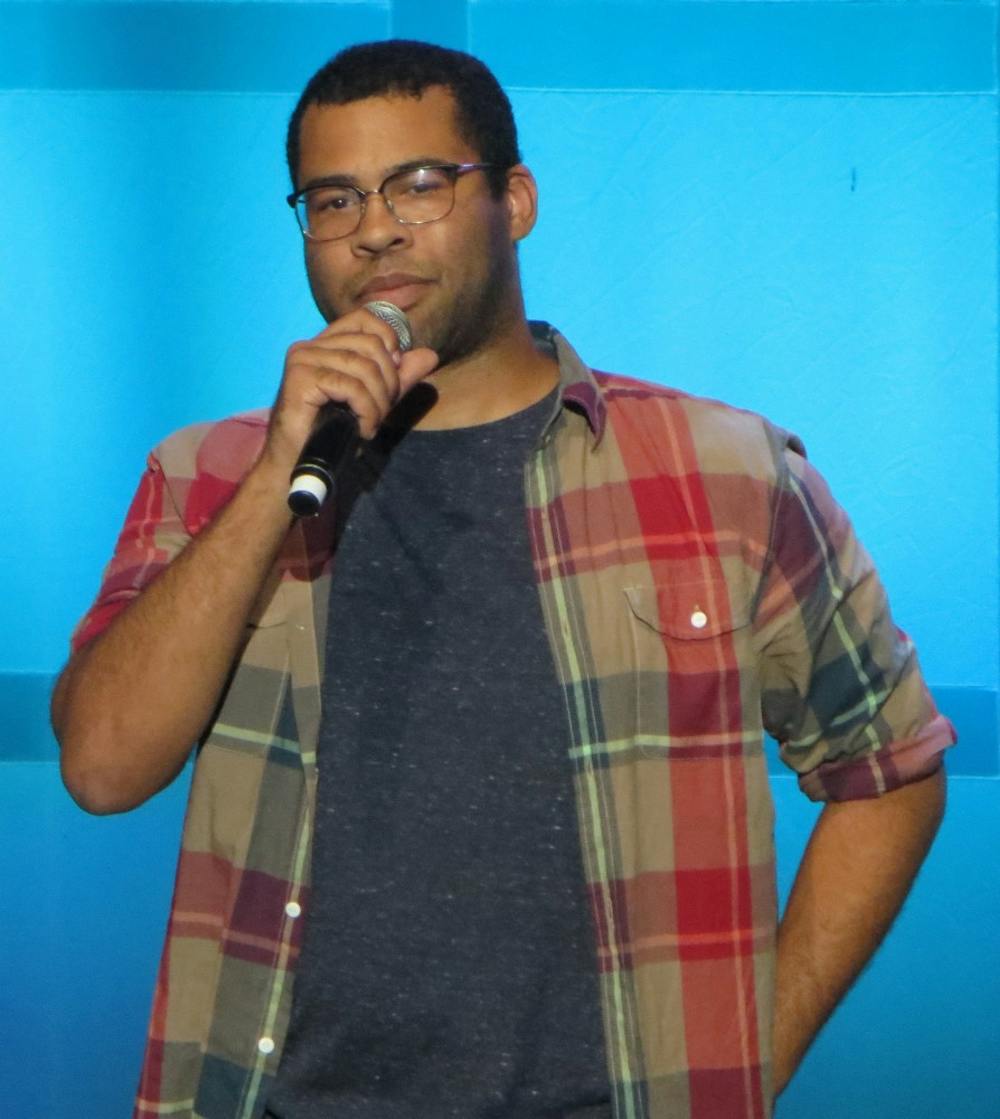A large part of The Twilight Zone’s cult appeal stems from its inherently strange qualities, not only in its plot, but also in its status as an emblem of a different time and a different intellectual atmosphere in American history. The show itself, with its stilted acting, filtered sound and dramatic score, often does feel like it came from another dimension, an aspect that only increases its lurid appeal.
Perhaps this is how in 2019, 55 years after the original show ended, The Twilight Zone is returning with a new series directed by Jordan Peele.
However this is not to say that these things defined The Twilight Zone. The passage of time has revealed the longevity of the series and cemented The Twilight Zone as an emblem for television that showcases the worst of society and creates a dark mysticism along the way.
But The Twilight Zone was just as much a vehicle for experimentation as it was one for instruction. For every episode about xenophobia and the fragility of the American mass psyche, there were episodes about monsters and magic dust that let cowboys make wishes. At its conclusion the show chose not to end its five-year run with a final statement on its purpose and goals; rather, it ended on a saccharine episode where two children happily escaped into a fantasy world through a swimming pool. And let’s not even get into The Twilight Zone pinball machine, The Twilight Zone: The Movie or Disney’s The Twilight Zone Tower of Terror (RIP Anaheim, Calif., 2004-2016).
All this is to say that, despite how much this new batch of Twilight Zone episodes may resemble the original Twilight Zone’s essence in the pop culture imagination, the series has never ascribed to one specific style for every episode. And to the viewer’s chagrin it also has not held the same standard of quality through the series.
Ultimately the two episodes of the newest iteration currently available on CBS All Access, “The Comedian” and “Nightmare at 30,000 Feet,” reflect this for better and for worse.
In “The Comedian,” starring Kumail Nanjiani as upstart comic Samir Wassan, the show attempts to find the nexus of horror and comedy and demonstrate how the very nature of comedy brings out the worst in us.
The central conceit of this episode could be considered the inverse of one of the classic Twilight Zone episodes where an author writes his characters into existence. Instead of bringing characters to life, Wassan’s power is less generous. He instead manages to remove friends and family members from existence whenever he incorporates them into his performances.
“The Comedian” is certainly cynical, viewing comedy as a numbers game rather than an authentic expression of self. Indeed it fails to incorporate the wider concept of comedy we’ve come to expect today, neglecting the political and self-probing comedy that is more popular now than the crass, bullying comedy portrayed in the episode.
But this doesn’t seem to be the point. Even with Peele behind the scenes, the show barely tries with the jokes, only showing us the cruel, ugly ego that lies behind them. Honestly, the episode’s message, in light of the existential themes of classic episodes, seems unworthy of the show. At least every time a character disappears, there’s an off-chord violin striking in the background to remind us where the true horror is.
“Nightmare at 30,000 Feet” is similarly muddled, albeit in a different way. Adapting a classic episode with a new theme, it follows journalist Justin Sanderson (Adam Scott) as he fumbles around an airplane following instructions from a future podcast detailing the disappearance of his flight. This episode’s message is pretty clear: Looks aren’t what they seem.
Ultimately the theme of this episode could definitely have been handled with more nuance, and had the main character gone through any growth, the message may have been more effective in its attempt to show the effects of prejudice.
Though the show has yet to find its footing, one unambiguously positive addition is Peele’s performance as the Narrator.
Given his newfound status as a horror icon following the critically-acclaimed Get Out and the more recently released Us, and the apt comparisons between his work and the original show, his inclusion in the show is an obvious success.
Despite his small presence, he makes the role his own, trading in Rod Serling’s prickly, punctilious tone for something more lucid and menacing. It’s a performance more aligned with the spirit of the show than Serling’s dry monologues were, and Peele ingratiates his character into the setting of each episode more so than previous narrators did. However the show has yet to catch up with Peele’s model, as of yet unsure how to balance comedy, horror and politics into a perfect package.





